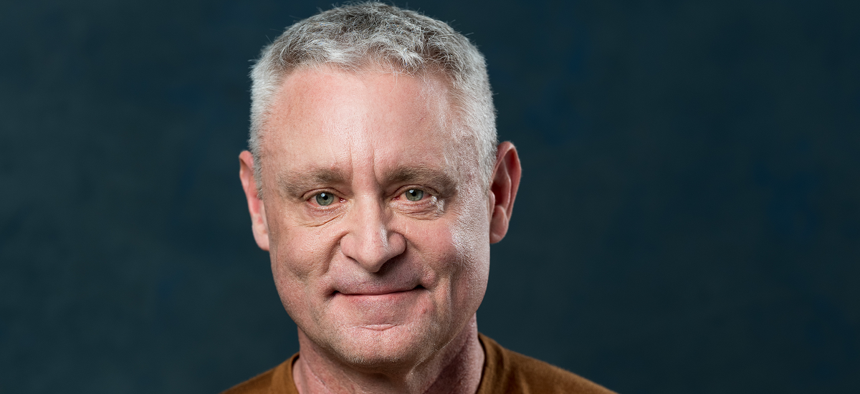Opinion
OPINION: Why the 90% deserve a hand up, not a handout
Here’s how a non-profit works with high-potential entrepreneurs to make America a land of opportunity for all.

Ed Mitzen, co-founder of Business for Good. Image courtesy of Business for Good.
As we just saw in Philadelphia on Sept. 27, chaos and crime will ensue when racial and social inequities are not addressed head on. When voices are not heard and when communities are ignored, there is a massive knock-on effect at the local, state and national level. While I do not support looting at all, nor do I agree with the destruction of businesses and stores, I understand that citizens – not just in Philadelphia – feel like they have exhausted every other option. They are tired, angry, and disappointed.
America has a reputation for being the land of opportunity. However, what many forget – particularly white people – is that while we might have “earned” this reputation, this dream isn’t the same for everyone. America is the land of the opportunity for the privileged. The top 1% that owns more wealth than the bottom 90% combined.
Structural racism in the U.S. has created advantages for some and disadvantages for others, fueling disparities in foundational areas of society. Many of these gaps go unseen and even more are willfully overlooked. The events in Philadelphia are the latest example of social unrest. We are judging the feelings of underrepresented communities instead of the major issues at play. America should be the land of opportunity for all, not just the privileged.
As a white man in business, I’m aware of my privilege and I do my best to check it every single day. When I sold my business in 2020, I was suddenly presented with two choices: I could retire, or I could utilize my business acumen and help others. I chose the latter and it was the best decision I ever made. For the past three years, I’ve had the privilege of helping and supporting dozens of high-potential entrepreneurs by connecting them with resources that they otherwise wouldn’t have access to.
My hope is that those with significant wealth and privilege follow my lead. There is still so much to be done to change the racial status quo in America and it starts with acknowledging and checking white privilege. I’ve made mistakes. We all have. I can tell you from personal experience that one of the worst mistakes you can make is assuming you know what people need. Another mistake: not listening.
When our non-profit works with a high-potential entrepreneur, one of our first tasks is to shut up and listen. We go on a learning tour and meet with the real experts such as the community leaders, advocates, and local politicians. Meet as many people as possible and listen. One example of how our work has seen significant impact and change in Albany: Wallace Turner Law. Our team helped the city’s first female black-owned law firm open their office. The law firm has become one of the most sought-after law firms in the city.
I’m a big believer in being behind change in your local community and Business for Good is proud to call Albany and New York’s capital region home. Our program demonstrates that when you put your money and privilege where your mouth is, real change can happen. Our program provides high potential entrepreneurs and organizations with the funding, connections, mentoring, and other support including marketing, business strategy, accounting, HR, and more for those who truly deserve and need it to succeed. What we found is that when you create a personalized plan for each entrepreneur, you not only ask the right questions, but you find the right solutions … together. This is vital.
When we launched Business for Good, it was always our intention to be different; we are not your typical non-profit. Our team believes that by helping a group of individuals to get a leg up, you ultimately can uplift an entire local community. Our model is as unique as the entrepreneurs that we work with every single day. Business for Good combines financial investment with the social impact of philanthropy to create lasting change in local communities and by extension, a more equitable future.
As Michelle Obama said, change happens one person at a time. Now let’s get to work.
Ed Mitzen is the co-founder of Business for Good.
NEXT STORY: Opinion: New York has a long way to go on wrongful convictions
